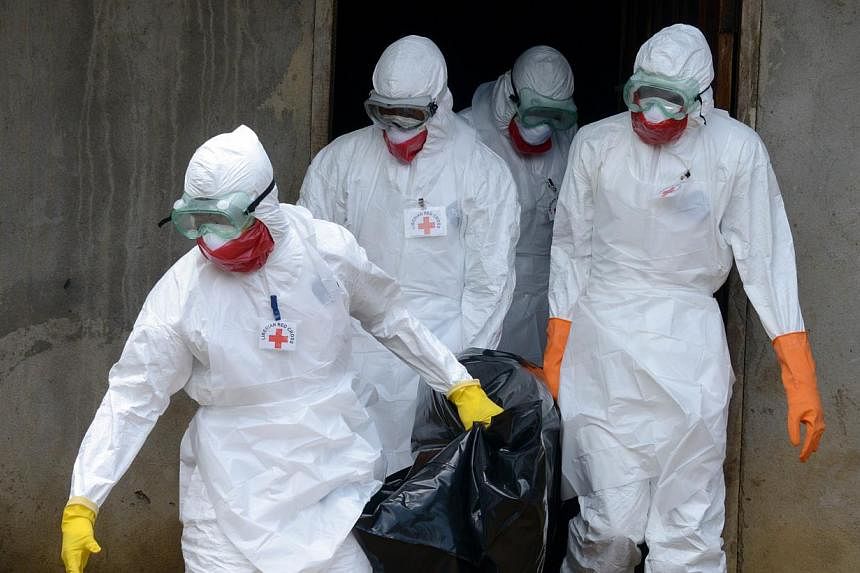The Ebola outbreak, seen as the largest and most deadly in history, has rightly put the performance of the World Health Organisation (WHO) in the spotlight. It declared the epidemic a global health emergency only last month - deemed tardy by critics who point to Ebola's growing incidence in West Africa from March. The virus has infected over 6,000 people and killed nearly 3,000 to date. Arguably, there is a fine line between early intervention and scaremongering when the world body has to rely on data from weak agencies in some of the globe's poorest states, where the disease is widespread.
Still, one would expect WHO to have a sharper fix of the evolving crisis and to provide clearer projections, based on its extensive experience going back to 1948. Saying the situation is deteriorating in some areas and stabilising in others, WHO thinks the number of cases could reach 20,000 within weeks. Against this, the US Centres for Disease Control and Prevention has a worst- case figure of up to 1.4 million cases by 2015. In the grip of such a figure, the medical charity Doctors Without Borders is declaring that Ebola has grown to the point where "the world is losing the battle to contain it".
WHO's leadership in this battle has fallen so short that the United Nations is to form a separate health mission for the coordination of efforts in West Africa. And a former top WHO official has called for a new global health emergency corps to help "counter the potency of Ebola and other powerful diseases". This does not speak well of WHO director-general Margaret Chan, who had earlier made it her priority to focus on Africa, which has a disproportionate share of global diseases and ailing health-care systems. Events have shown that the organisation simply didn't do enough to prepare for epidemics that cross borders in Africa, although it must be said that its resources had been severely crimped years ago.
Having come late to recognise the gravity of the crisis, global leaders need to act swiftly to combat the scourge. United States President Barack Obama is committing 3,000 troops to build hospitals in West Africa. There is also the economic cost of the outbreak to be considered. This was dramatised by the three-day lockdown in Ebola-hit Sierra Leone which confined six million people to their homes. With the World Bank's warning that such costs could grow to "catastrophic" proportions if the contagion spreads, it is clear that dealing with epidemics of this scale is beyond just WHO and less-developed, stricken countries. In laying bare some of the weaknesses of emergency response systems, West Africa's throes offer an opportunity for the world to prepare better for such devastating medical threats.

